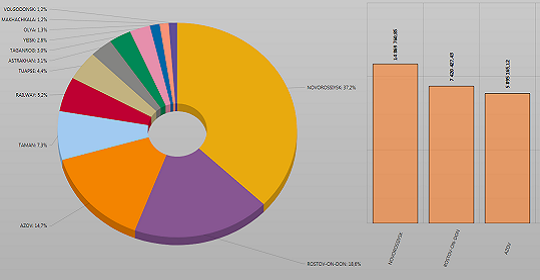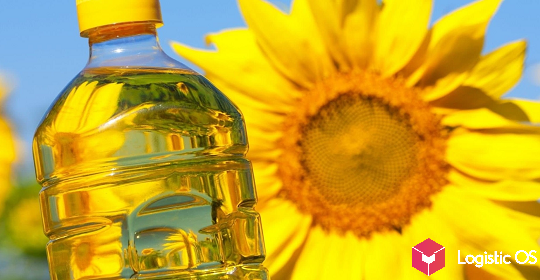This season, Australia may harvest a record-breaking oat crop, which threatens to weaken Russia’s position in this market.
According to the latest data, Australia could break oat production records this year.
For example, in the state of Western Australia, it could reach 860,000 tonnes. This is significantly higher than last year’s figure, which was 670,000 tonnes.
Compared to the year before, this represents a more than twofold increase. In 2023, this state harvested only 355,000 tonnes.
At the same time, experts note that good results are observed not only in this single state, but throughout virtually the entire country.
On the one hand, such a bountiful harvest could be a negative for farmers. In particular, oat prices are already noticeably declining from $400 to $300 within Australia. This is reducing production profitability.
However, this situation has a downside, as lower prices have made Australian-produced barley more competitive globally.
«We’ve had a smaller harvest over the last two years, and we’ve had very high oat prices in Australia.
This is having a definite impact on Australian demand for oat products… and countries like China are buying a lot of milling oats in cheaper markets like Russia.
In Western Australia, we’ve increased our acreage, and fortunately, we’ve seen higher yields than we’ve seen in the last couple of years,» notes Andrew May, co-owner of oat milling company Essantis.
At the same time, Australia plans to enter Asian markets not only with oats themselves but also with products made from them. For example, oat milk, for which demand currently exists in various countries and is growing.
At the same time, these markets are also attractive to other countries, such as Russia.
In August 2025, Australia increased its oat shipments to China by 1.7 times, reaching 1.6 million tonnes. This is a significant volume, covering a significant share of domestic demand.
As a result, other foreign suppliers are finding it difficult to enter the Chinese market.
However, lower oat prices could help Australia successfully compete with Russia in this market in China, experts note.
Furthermore, the supply of processed oat products represents a good opportunity, as Russia currently primarily supplies the raw materials for their production.

